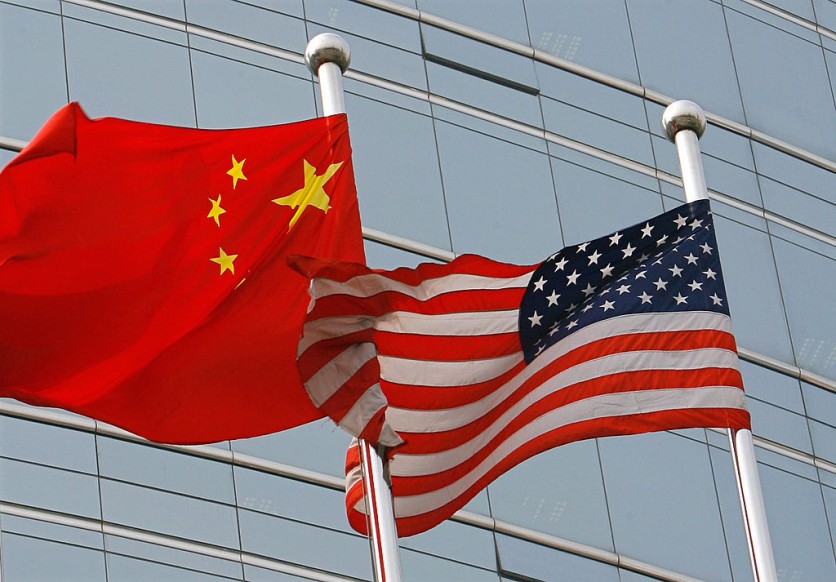In the ongoing technological competition between the United States and China, the quest for dominance in chip technology has become a central focus. The production of advanced microchips, essential for both economic and military supremacy, has prompted vigorous efforts by Washington to restrict China's access to vital microchip design tools.

Making China Independent
Amidst efforts to curb China's progress, a formidable contender has entered the scene, SEIDA, a Chinese startup founded by a seasoned Silicon Valley software executive.
Liguo "Recoo" Zhang, along with three other Chinese-born colleagues, departed from Siemens EDA, a U.S. unit of Siemens AG, with the mission of challenging the foreign monopoly on Optical Proximity Correction (OPC) technology.
Interesting Engineering reported that the OPC tool is indispensable for designing advanced chips crucial for emerging technologies such as artificial intelligence and quantum computing.
SEIDA's audacious initiative has garnered support from influential Chinese investors, including Semiconductor Manufacturing International Corp (SMIC), a leading Chinese microchip maker with alleged ties to China's military.
As China faces attempts to slow down its technological advancements, SEIDA's emergence raises questions about the potential for greater independence in the face of US chip restrictions.
SEIDA's ambitious goal to "disrupt the foreign monopoly" has attracted attention from both American and Chinese observers, sparking concerns about regulatory compliance and the potential for intellectual property issues.
As reported by Reuters, Peilun "Allen" Chang, the company's Chief Operating Officer, shared that SEIDA's business strategy is in a constant state of evolution.
He revealed that the stringent restrictions imposed by the U.S. served as a pivotal factor for Zhang and his colleagues to depart from Siemens EDA. The restrictions limited their business prospects and career growth within the confines of the regulatory environment.
Additionally, SEIDA asserts its commitment to adhering to both U.S. and Chinese regulations, highlighting a rigorous vetting process designed to prevent any intellectual property violations.
US-China Chip War
In the race for supremacy in chip technology between the U.S. and China, the intricacies of the industry, spanning raw materials, design, and assembly, pose challenges for Washington in isolating China economically, unlike the Cold War era.
Taking a decisive stance, US President Joe Biden in October of the previous year unequivocally cut off China's access to high-end computer chips.
Although the U.S. remains at the forefront of chip design technologies, manufacturing is predominantly carried out in Asia, with South Korea and Taiwan, the "self-governing island claimed by China and the world's leading chip manufacturer," taking the lead.
The recently approved "CHIPS for America" program, backed by a $53 billion investment, aims to enhance domestic chip production capabilities. Concurrently, China has been aggressively pursuing advanced chips through initiatives like "Thousand Talents" and substantial government investments.
Experts suggest that SEIDA's narrative is another instance of Chinese companies leveraging expertise acquired abroad to strengthen the domestic industry.
However, a spokesperson for China's foreign ministry offers a contrasting viewpoint, asserting that technological advancements in China are not the result of theft or robbery, but rather the result of Chinese people's ingenuity and hard work.
Related Article : Biden's Executive Order Sets New Limits on American Investment in Chinese Tech Firms, Concerning National Security

ⓒ 2025 TECHTIMES.com All rights reserved. Do not reproduce without permission.




